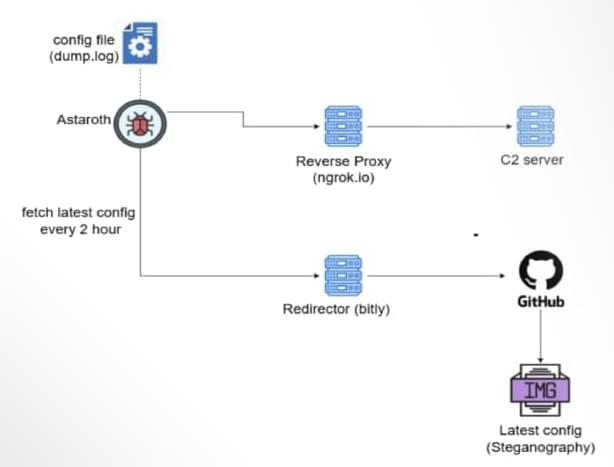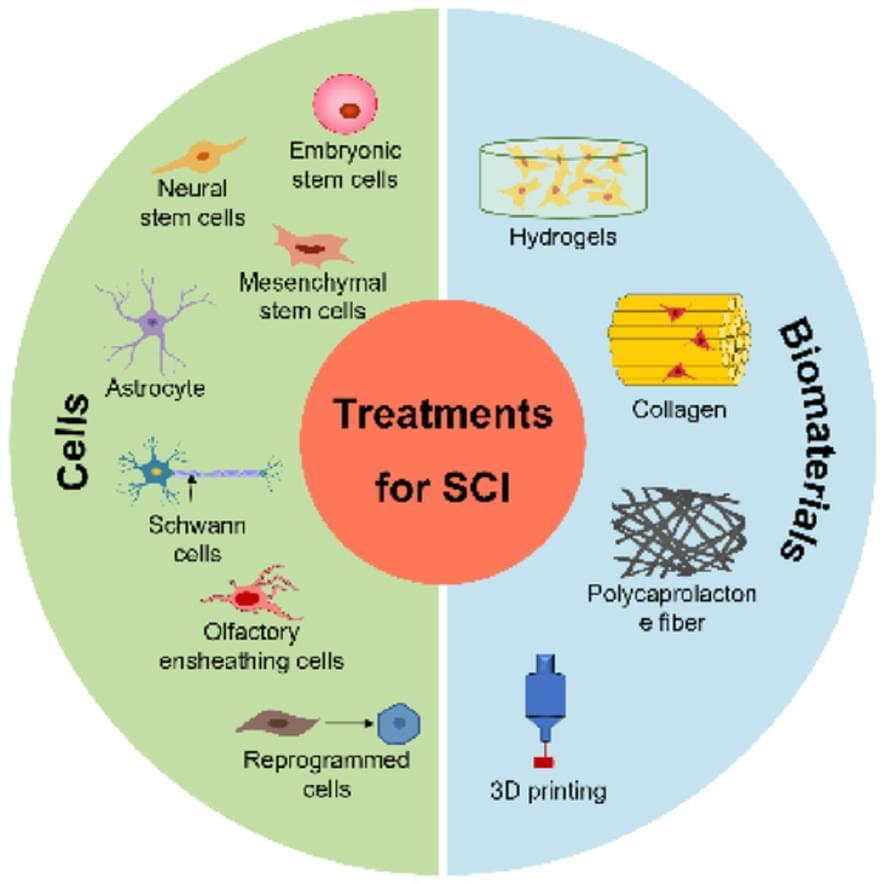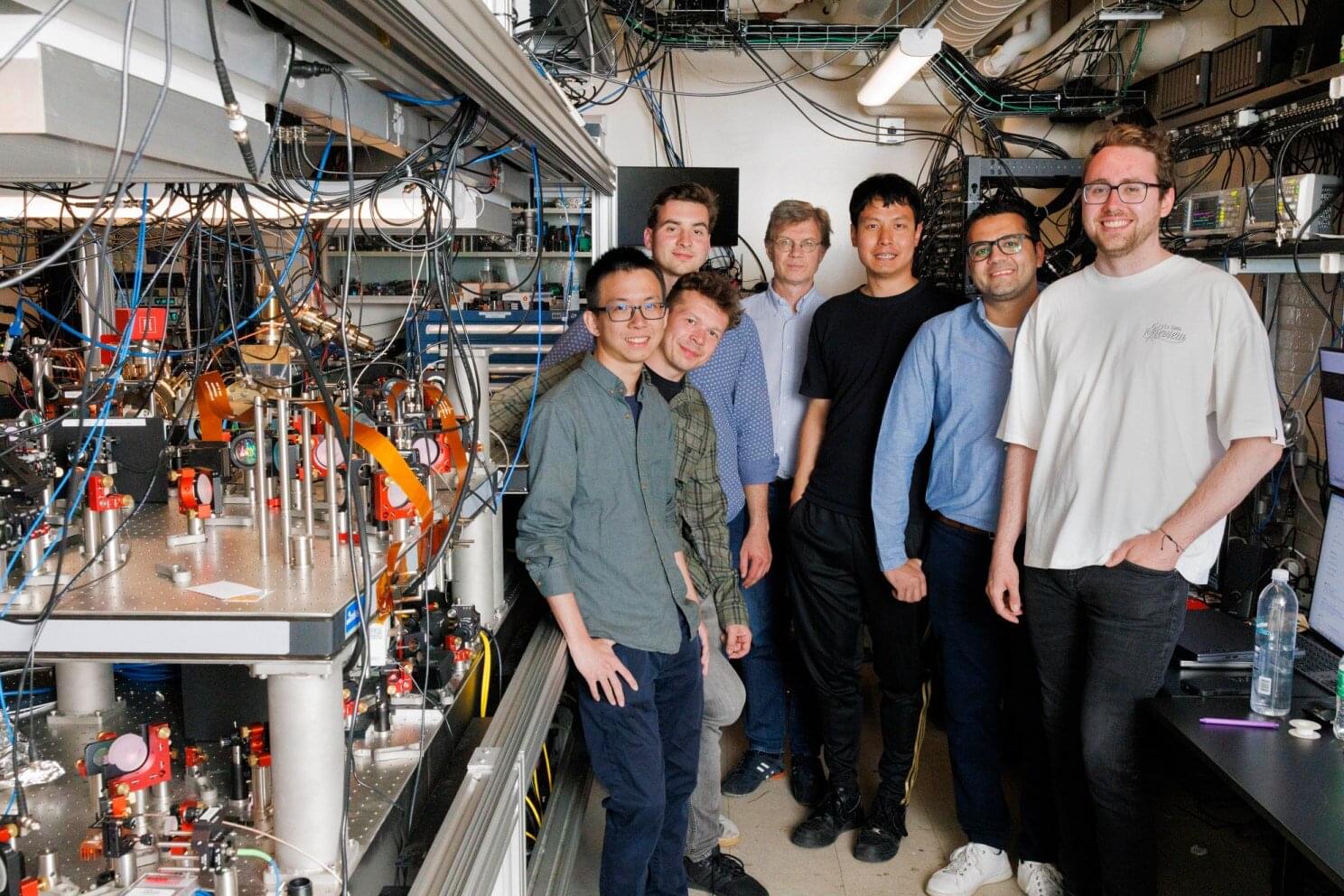Several artificial intelligence models are now advanced enough to pass the three-part chartered financial analyst exam, even the most difficult Level III test.
Previous research, particularly from two years ago, had found AI could clear Levels I and II of the exam, but it struggled with Level III, due to the essay questions.
The new study was developed by researchers from New York University Stern School of Business and Goodfin, an AI-powered wealth-management platform.
For humans to pass the prestigious, three-part chartered financial analyst exam, it typically takes around 1,000 hours of studying over the course of several years. New research found that the technology underpinning a slew of artificial intelligence models is now advanced enough to pass even the most difficult – Level III – mock exams in a matter of minutes.
The new study – developed by researchers from New York University Stern School of Business and GoodFin, an AI-powered wealth management platform – evaluated 23 large language models on their ability to answer multiple choice and essay questions on mock CFA Level III exams. They found frontier reasoning models, including o4-mini, Gemini 2.5 Pro and Claude Opus, were able to use “chain-of-thought prompting” to successfully pass.
Previous research, particularly from two years ago, had found artificial intelligence could clear Levels I and II of the exam, but it struggled with Level III, due to the essay questions. However, the technology has evolved so rapidly that the researchers wanted to know whether the models could handle, “specialized, high-stakes analytical reasoning required for professional financial decision-making.” The third CFA exam is primarily focused on portfolio management and wealth planning.








